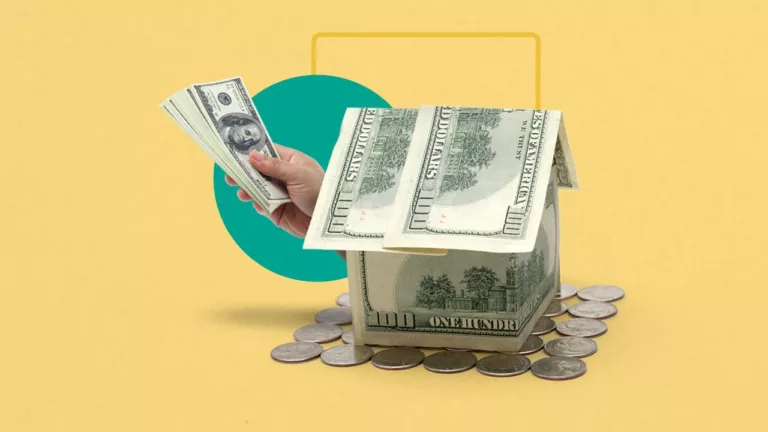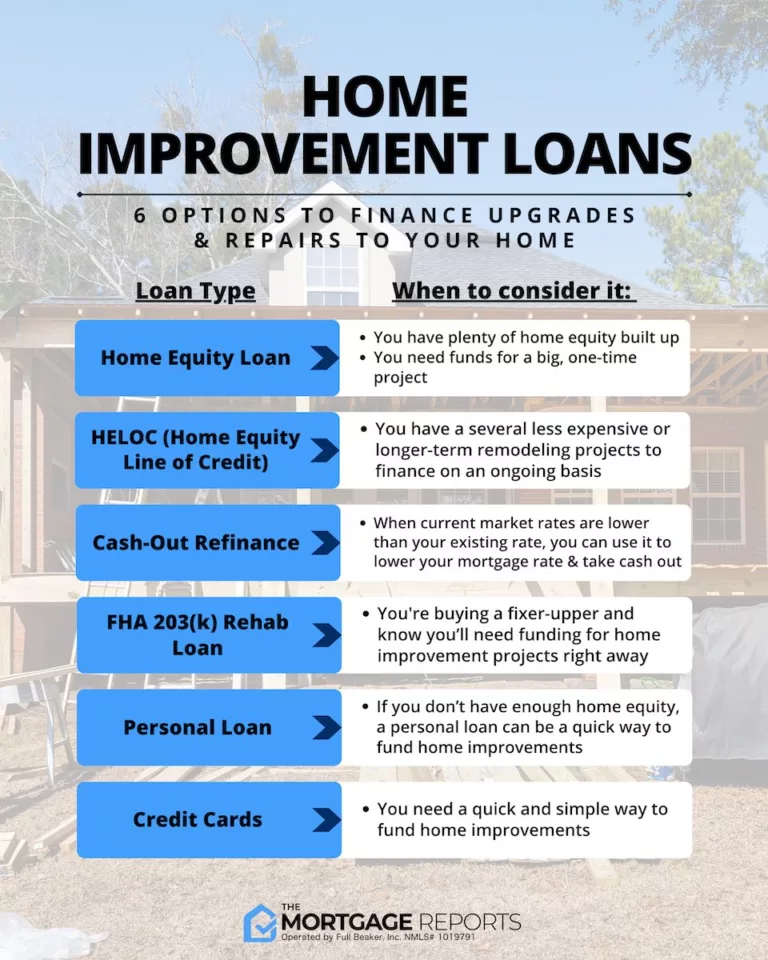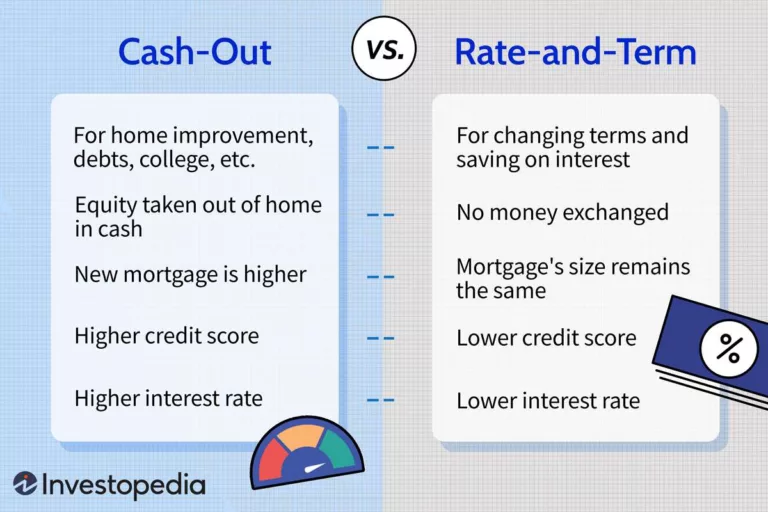Can I Airbnb My House If I Have a Mortgage: Ultimate Guide +
Yes, you can Airbnb your house if you have a mortgage. However, there are factors to consider and rules to follow depending on your mortgage agreement and local regulations.
What Is Airbnb
Airbnb is a platform where homeowners can rent out their properties to travelers. If you have a mortgage on your house, you can still Airbnb it, but you need to ensure you comply with your mortgage agreement and any local regulations.
If you’re looking to make some extra money by renting out your house, Airbnb can be a great option. Airbnb is an online platform that connects homeowners with travelers looking for short-term accommodations. It allows homeowners to list their properties on the website, where they can set their own rental prices and house rules. Travelers can then search for available properties in their desired location and book their stay directly through the site.
How Airbnb Works
Using Airbnb is simple. Here’s how it works:
- Sign up: To get started, you’ll need to create an Airbnb account. You can do this by providing your email address and creating a password.
- Create a listing: Once your account is set up, you can create a listing for your property. This includes uploading photos, writing a description, and setting your rental price.
- Set your availability: In your listing, you’ll need to specify the dates when your property is available for guests. You can also choose to allow instant booking or manually approve each reservation.
- Host responsibilities: As a host, your responsibilities include keeping your property clean and well-maintained, providing essentials like toiletries and linens, and being available to answer any questions or concerns your guests may have.
- Guest reservations: When a guest makes a reservation, you’ll receive a notification with their details. You can then confirm or decline the reservation based on your availability and preferences.
- Hosting experience: After hosting guests, you’ll have the opportunity to leave a review for them, and they can leave a review for you as well. These reviews help build your reputation as a reliable host.
Benefits Of Becoming An Airbnb Host
Becoming an Airbnb host comes with several benefits:
- Extra income: Renting out your property on Airbnb allows you to earn extra money that can help pay off your mortgage or cover other expenses.
- Flexibility: You have control over when you rent out your property and for how long. This allows you to accommodate your schedule and make the most of your available space.
- Meeting new people: Hosting travelers from around the world can be a rewarding experience. You have the opportunity to connect with interesting people and learn about different cultures.
- Home security: Airbnb offers a host guarantee that provides protection for up to $1 million in case of damages caused by guests. Additionally, you can screen potential guests and communicate with them before accepting their reservation.
- Increased property exposure: Listing your property on Airbnb exposes it to a global audience. This can help attract more potential guests and increase your chances of getting bookings.
Can You Airbnb Your House With A Mortgage
Many homeowners across the globe have successfully turned to Airbnb as a means to generate extra income by renting out their properties. However, if you are considering offering your house on Airbnb and you still have a mortgage, there are a few important factors you need to keep in mind. In this article, we will explore some crucial steps you should follow to ensure you can legally and responsibly Airbnb your house while still having a mortgage.
Check Your Mortgage Agreement
Before diving into the world of Airbnb, it is essential to review your mortgage agreement. Some mortgage lenders restrict or even prohibit homeowners from renting out their properties on short-term rental platforms like Airbnb. Take the time to carefully read through your agreement to determine if there are any specific clauses that address renting out your property. If you are unsure or find any restrictions, reach out to your mortgage lender directly to clarify the terms.
Investigate Local Regulations
In addition to your mortgage agreement, it is crucial to investigate the local regulations and laws regarding short-term rentals in your area. Different cities and municipalities may have specific rules and requirements you must comply with when renting out your property. These regulations can range from obtaining permits and licenses to adhering to occupancy limits or paying additional taxes. Conduct thorough research and ensure you are familiar with the local regulations to avoid any potential legal issues in the future.
Notify Your Insurance Provider
Next, it is imperative to inform your insurance provider about your intention to Airbnb your house. Traditional homeowner’s insurance policies may not always cover short-term rentals or the potential risks associated with them. Reach out to your insurance provider and discuss your plans to ensure you have the appropriate coverage for your Airbnb venture. They may recommend adjusting your policy or acquiring additional coverage specifically designed for short-term rentals.
Consider Tax Implications
Lastly, it is crucial to be aware of the tax implications of renting out your property on Airbnb. Rental income from your property is typically considered taxable, and you may be required to report it to the tax authorities. Consult with a tax professional or accountant to understand your obligations, how to accurately report your income, and any potential deductions you may be eligible for. Staying on top of your tax responsibilities ensures you remain compliant with the law and avoid any unexpected financial issues.
In conclusion, while it is possible to Airbnb your house with a mortgage, it is essential to take the necessary precautions. Checking your mortgage agreement, investigating local regulations, notifying your insurance provider, and considering tax implications will help you ensure a smooth and legal transition into the world of Airbnb.
Steps To Renting Out Your House On Airbnb
Thinking of listing your house on Airbnb to earn some extra income? Renting out your property on Airbnb can be a lucrative endeavor, allowing you to make the most of your investment. However, before jumping in, there are a few essential steps you need to follow to ensure a successful and smooth process. Here are the key steps to renting out your house on Airbnb.
Step 1: Prepare Your Property
Before you start renting out your house on Airbnb, it’s important to prep your property to make it appealing to potential guests. Here are a few things you should consider:
- Clean your house thoroughly, paying special attention to bathrooms, kitchens, and bedrooms.
- Remove any personal items and clutter to create a neutral and inviting space for guests.
- Make sure your house is well-maintained, addressing any necessary repairs or improvements.
- Consider upgrading amenities, such as providing fresh towels, toiletries, and kitchen essentials.
Step 2: Create An Attractive Listing
In order to attract guests, your Airbnb listing needs to stand out. Here’s how to create an attractive listing:
- Write a compelling title that highlights the unique features of your property.
- Include high-quality and appealing photos that showcase your house’s best attributes.
- Write a detailed and accurate description of your property, emphasizing its key selling points.
- Highlight any special amenities or extras you offer, such as a pool, a backyard, or access to public transportation.
- Provide clear directions and instructions for check-in and check-out.
Step 3: Set Pricing And House Rules
Setting the right price and establishing house rules are crucial for a successful Airbnb rental. Here’s what you should keep in mind:
- Research similar listings in your area to determine a competitive and fair price.
- Consider offering discounts for longer stays or incentives for returning guests.
- Establish clear house rules regarding smoking, pets, parties, and quiet hours.
- Communicate your expectations to guests before they make a booking.
Step 4: Manage Bookings And Guests
Once your listing is live and you start receiving bookings, it’s important to effectively manage your guests and bookings. Here are a few tips:
- Respond promptly to inquiries and booking requests, providing clear and helpful information.
- Establish clear communication channels, such as email or messaging apps, to stay in touch with guests.
- Ensure your calendar is always up-to-date to avoid double bookings or disappointments.
- Prepare your property for each guest, including clean sheets, fresh towels, and a welcoming atmosphere.
Step 5: Maintain Your Property’s Upkeep
To provide a positive experience for your guests and maintain the value of your property, ongoing upkeep is essential. Consider these points:
- Regularly inspect your property to identify any maintenance needs or repairs.
- Address any issues promptly and communicate with your guests to minimize any inconvenience.
- Keep your property clean and well-maintained, ensuring it meets guests’ expectations.
- Solicit feedback from guests and make improvements based on their suggestions.
Following these steps will not only help you maximize your income as an Airbnb host but also ensure your guests have a memorable and enjoyable stay. So get started with preparing your property, creating an attractive listing, setting pricing and house rules, managing bookings and guests, and maintaining your property’s upkeep.
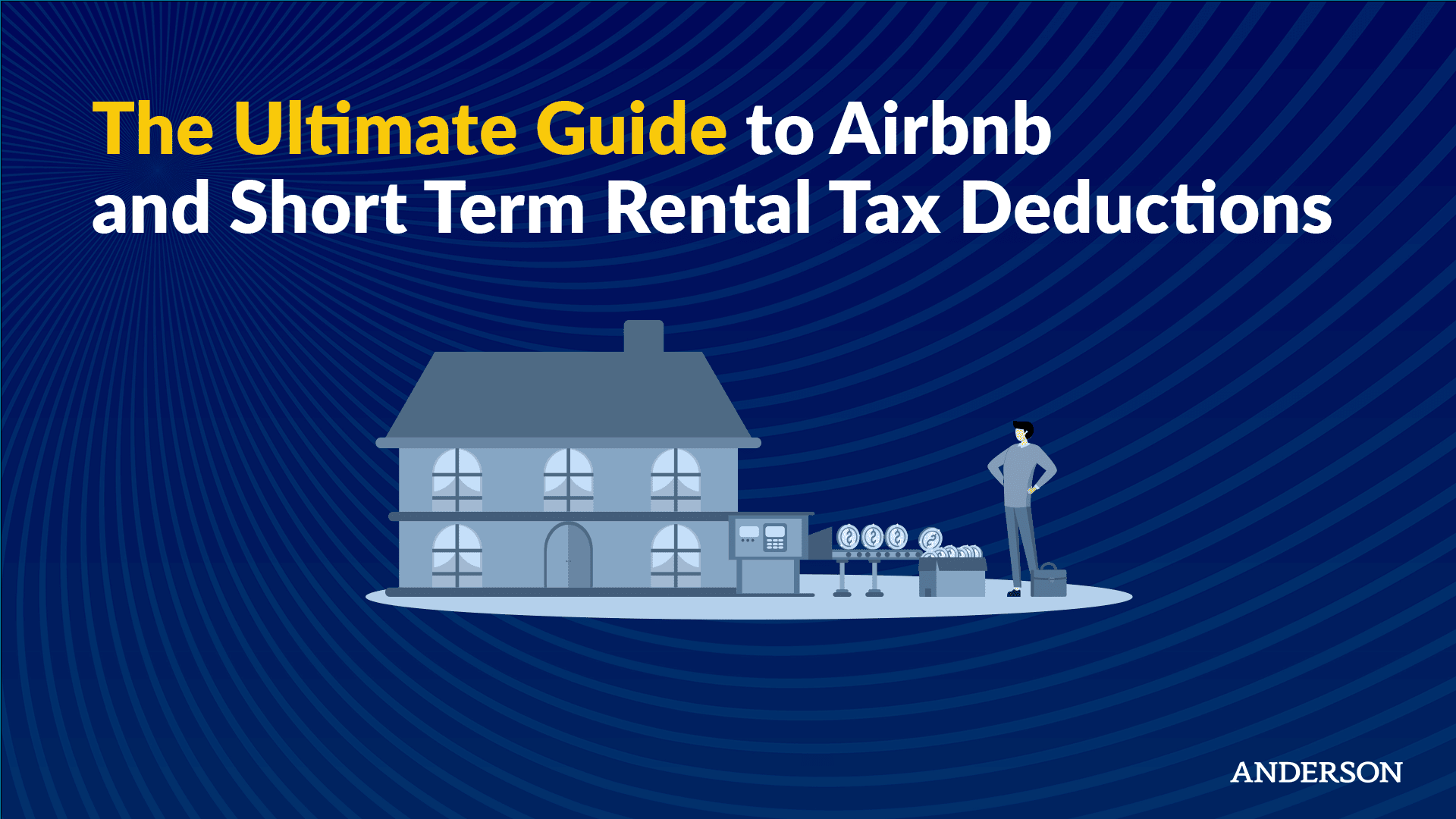
Credit: andersonadvisors.com
Risks And Considerations
Turning your home into an Airbnb rental can be a lucrative way to generate extra income, but it’s important to understand the risks and considerations involved. Before embarking on this venture, take the time to evaluate the potential impact on your property value, the liability and insurance concerns, as well as the challenges that may arise when dealing with difficult guests. Additionally, it’s crucial to familiarize yourself with your neighborhood and homeowner association (HOA) rules to ensure compliance.
Potential Impact On Property Value
When considering Airbnb hosting with a mortgage, it’s essential to assess the potential impact on your property value. While short-term rentals can provide a steady stream of income, some lenders and appraisers may view them as a higher risk. This perception could result in a lower appraisal value when it comes time to refinance or sell your property. Being aware of this possibility allows you to weigh the financial benefits against the potential depreciation.
Liability And Insurance Concerns
Before listing your house on Airbnb, it’s crucial to address the liability and insurance concerns that may arise. Traditional homeowner’s insurance policies may not fully cover short-term rentals, leaving you exposed to potential risks. To safeguard against these liabilities, consider reaching out to your insurance provider or acquiring a specialized vacation rental insurance policy. By doing so, you’ll have peace of mind knowing that you’re adequately protected in case of property damage or accidents involving your guests.
Dealing With Difficult Guests
While most Airbnb guests are respectful and considerate, there’s always the possibility of encountering difficult individuals. From property damage to disruptive behavior, navigating these situations can be challenging. Establishing house rules, conducting thorough guest screenings, and maintaining open lines of communication can help mitigate these risks. In the unfortunate event that you do encounter problematic guests, having a clear protocol in place for handling disputes and enforcing consequences is essential to maintain a positive hosting experience.
Neighborhood And Hoa Rules
Before listing your house on Airbnb, it’s crucial to familiarize yourself with your neighborhood and HOA rules. Some communities have restrictions or outright bans on short-term rentals to protect the residential character of the area. Violating these rules can result in fines, legal repercussions, or strained relationships with neighbors. By thoroughly reviewing the guidelines, obtaining any necessary permits, and communicating your intentions with your HOA, you can ensure compliance and maintain a harmonious living environment for yourself and your neighbors.
In conclusion, while hosting your house on Airbnb can present an excellent opportunity to generate income, it is essential to thoroughly consider the associated risks and considerations. Understanding the potential impact on property value, addressing liability and insurance concerns, preparing for difficult guests, and adhering to neighborhood and HOA rules are crucial steps to ensure a successful and stress-free experience as an Airbnb host.
Alternatives To Airbnb
Looking for alternatives to Airbnb if you have a mortgage but want to make some extra income by renting out your property? You’re in luck! There are several other options available that can help you achieve your goal. In this article, we will explore three alternatives: long-term rentals, renting through other platforms, and hosting exchange programs.
Long-term Rentals
One option for renting out your property if you have a mortgage is to consider long-term rentals. This involves finding tenants who will commit to renting your property for an extended period, usually six months to a year. Long-term rentals are a great option as they provide a stable and consistent source of income. They also eliminate the need for constant turnover and the potential loss of income during periods of vacancy.
If you choose to go with long-term rentals, it’s important to screen potential tenants thoroughly. You want to ensure that they are reliable, responsible, and capable of paying rent on time. Consider conducting background checks and contacting previous landlords to get a better understanding of their rental history. By taking these precautions, you can increase your chances of finding trustworthy tenants who will take care of your property.
Renting Through Other Platforms
If you’re looking for a wider range of renters and greater flexibility, consider exploring other rental platforms besides Airbnb. There are many platforms available that cater specifically to long-term or short-term rentals, depending on your preferences. Some popular options include VRBO, HomeAway, and FlipKey.
Each platform has its own set of features, benefits, and fees, so it’s essential to do your research and compare them before listing your property. Take into consideration factors such as the audience reach, booking process, and payment options offered by each platform. By selecting the most suitable alternative platform, you can maximize your rental income and reach a broader audience of potential renters.
Hosting Exchange Programs
Hosting exchange programs is another interesting alternative to Airbnb. This involves exchanging your property with someone else’s for a set period. It can be an excellent way to experience different cultures, enjoy a change of scenery, and generate income when you’re not using your own property.
There are various exchange programs available, such as HomeExchange and Love Home Swap, which facilitate these arrangements. Before finalizing an exchange, it’s crucial to communicate clearly with the other party and establish expectations and rules regarding the use of each other’s properties. By setting clear guidelines, both parties can have a positive and enjoyable experience while benefiting from the unique opportunity to explore new destinations without the burden of accommodation expenses.
Overall, if you have a mortgage and want to make some extra income by renting out your property, there are various alternatives to consider. Long-term rentals, renting through other platforms, and hosting exchange programs all offer opportunities to generate income and make the most out of your property investment.

Credit: www.bedandbreakfastforsale.com
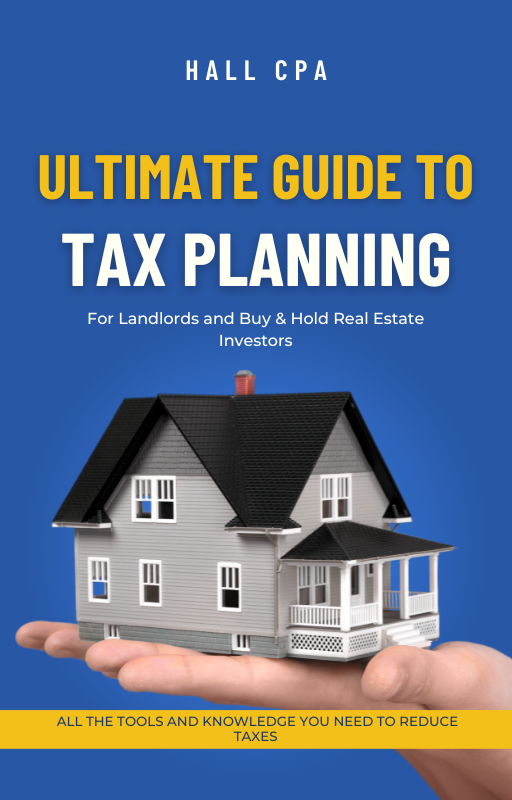
Credit: www.therealestatecpa.com
Frequently Asked Questions For Can I Airbnb My House If I Have A Mortgage
Can You Airbnb A Home With A Mortgage?
Yes, you can Airbnb a home even if you have a mortgage. However, it’s important to review your mortgage agreement and check with your lender to ensure you comply with any restrictions or additional requirements.
Can You Airbnb Out Your Primary Residence?
Yes, you can Airbnb out your primary residence. It is allowed as long as you comply with local laws and regulations.
Do Banks Consider Airbnb Income For Mortgage?
Banks may consider Airbnb income for mortgage applications, but it depends on the lender’s criteria. Some lenders accept rental income from Airbnb, while others may require a history of rental income or proof of regular occupancy. It’s best to check with your specific lender to see if they consider Airbnb income.
What Is The 90 Day Rule On Airbnb?
The 90-day rule on Airbnb limits hosts to renting out their entire home for a maximum of 90 days each year. This rule is in place to regulate short-term rentals and ensure a balance between residents and tourists. Make sure to comply with this rule to avoid penalties and violations.
Conclusion
If you have a mortgage on your home, it is important to first consult with your lender and review your mortgage agreement to determine if short-term rentals are permitted. While some lenders may allow Airbnb, others may have restrictions in place.
Additionally, it is crucial to consider insurance coverage and local regulations. Always prioritize communication and transparency with your lender to ensure you are in compliance with all necessary requirements. Ultimately, by taking these steps, you can make an informed decision about Airbnb-ing your mortgaged house.
